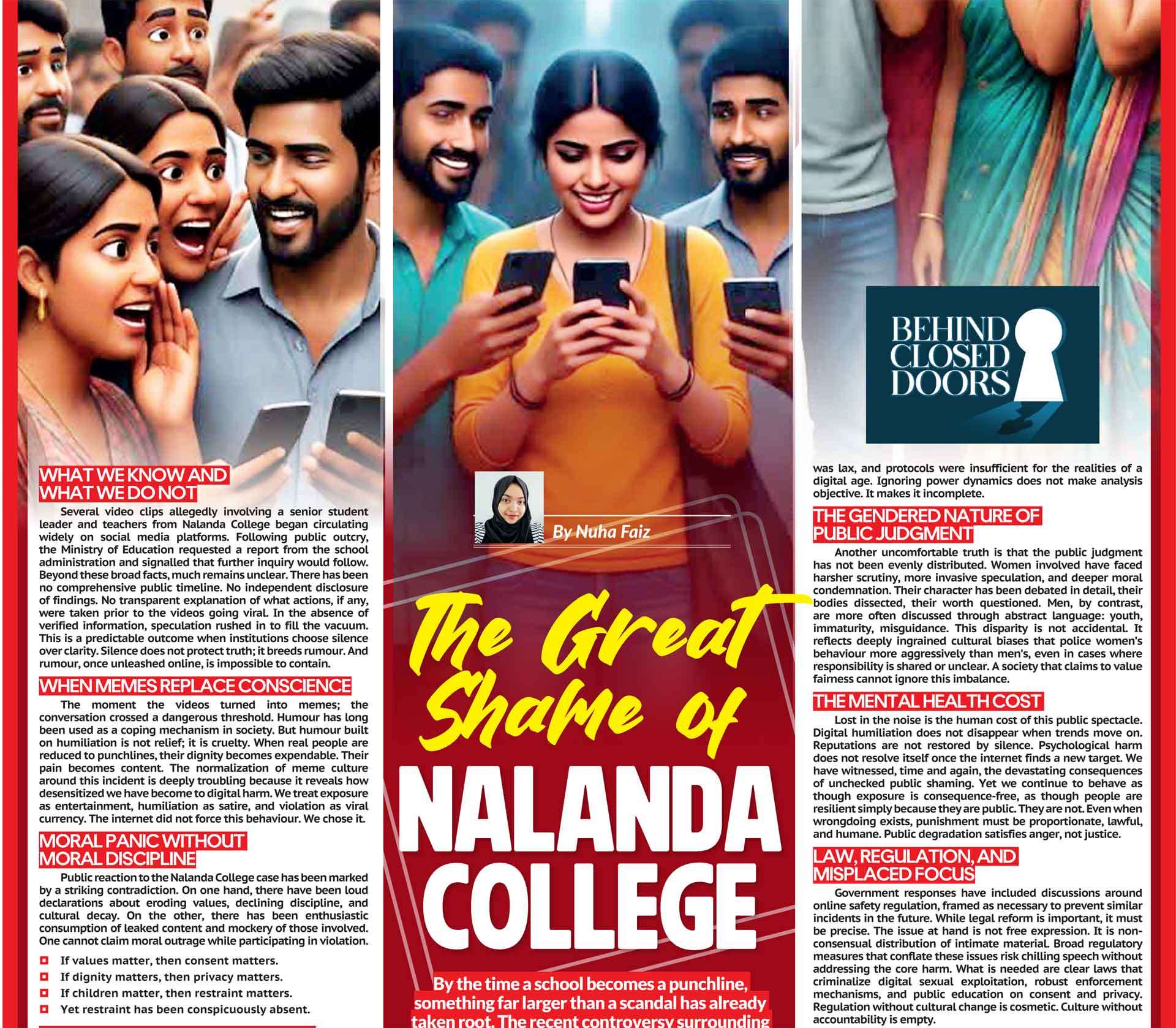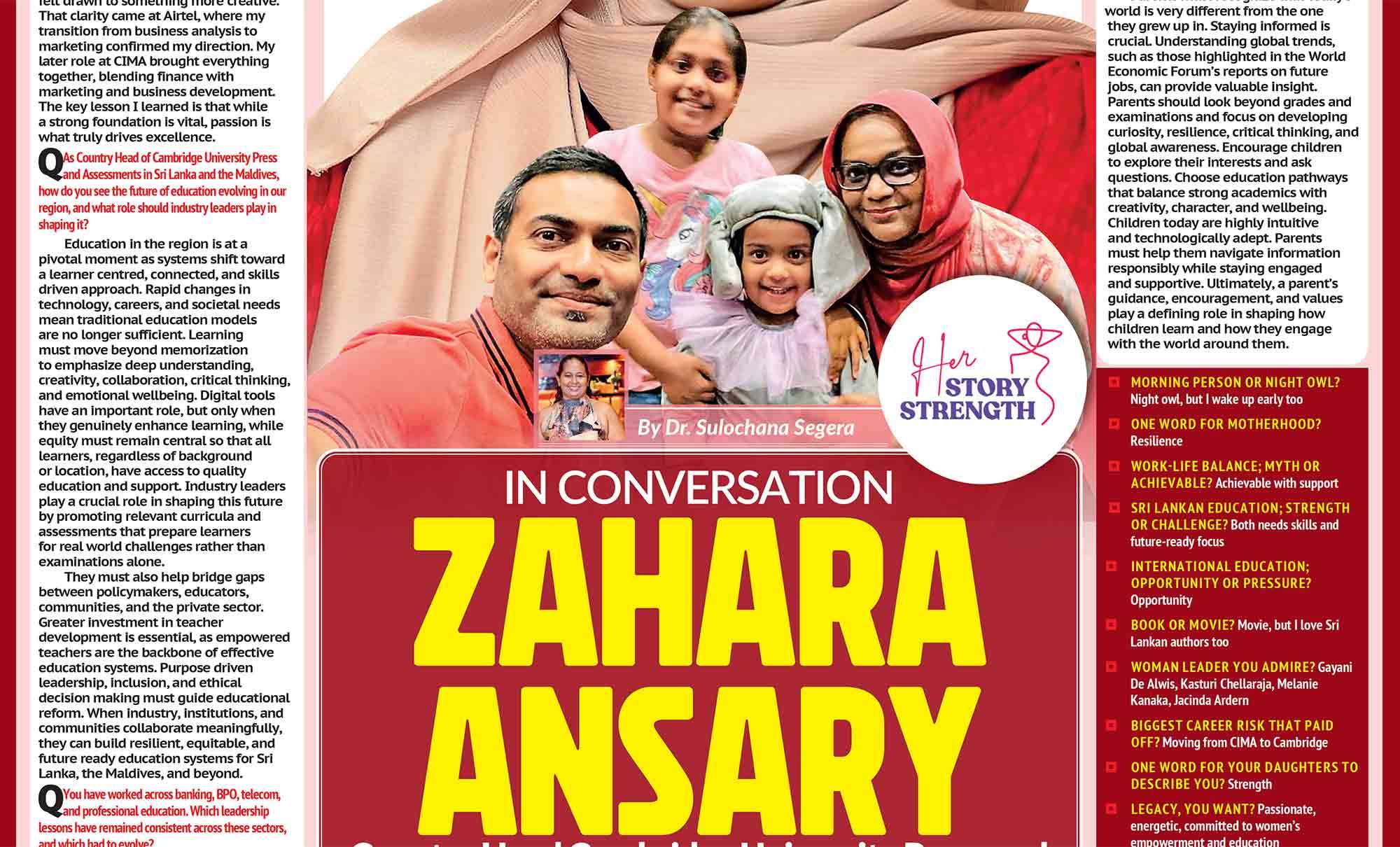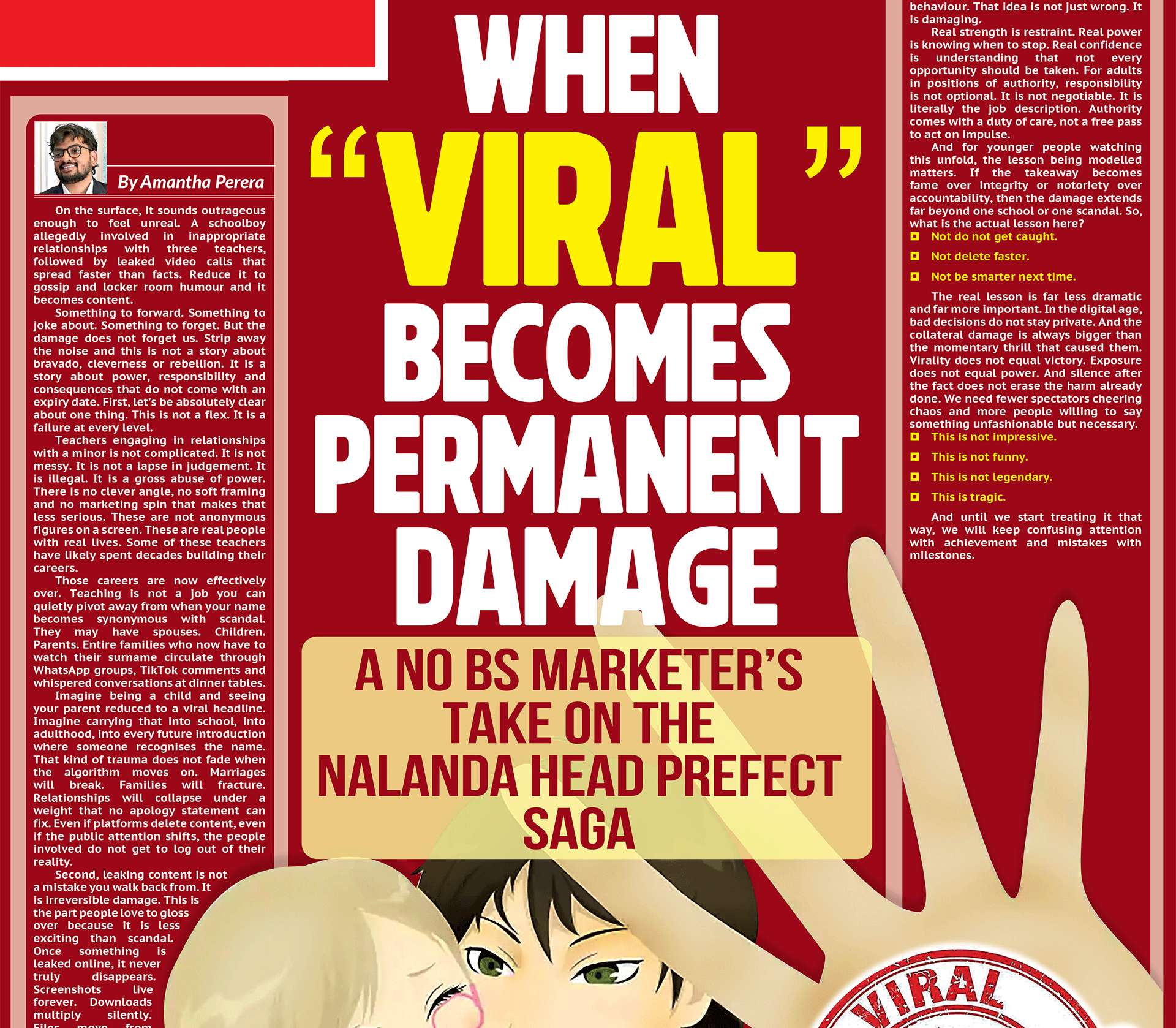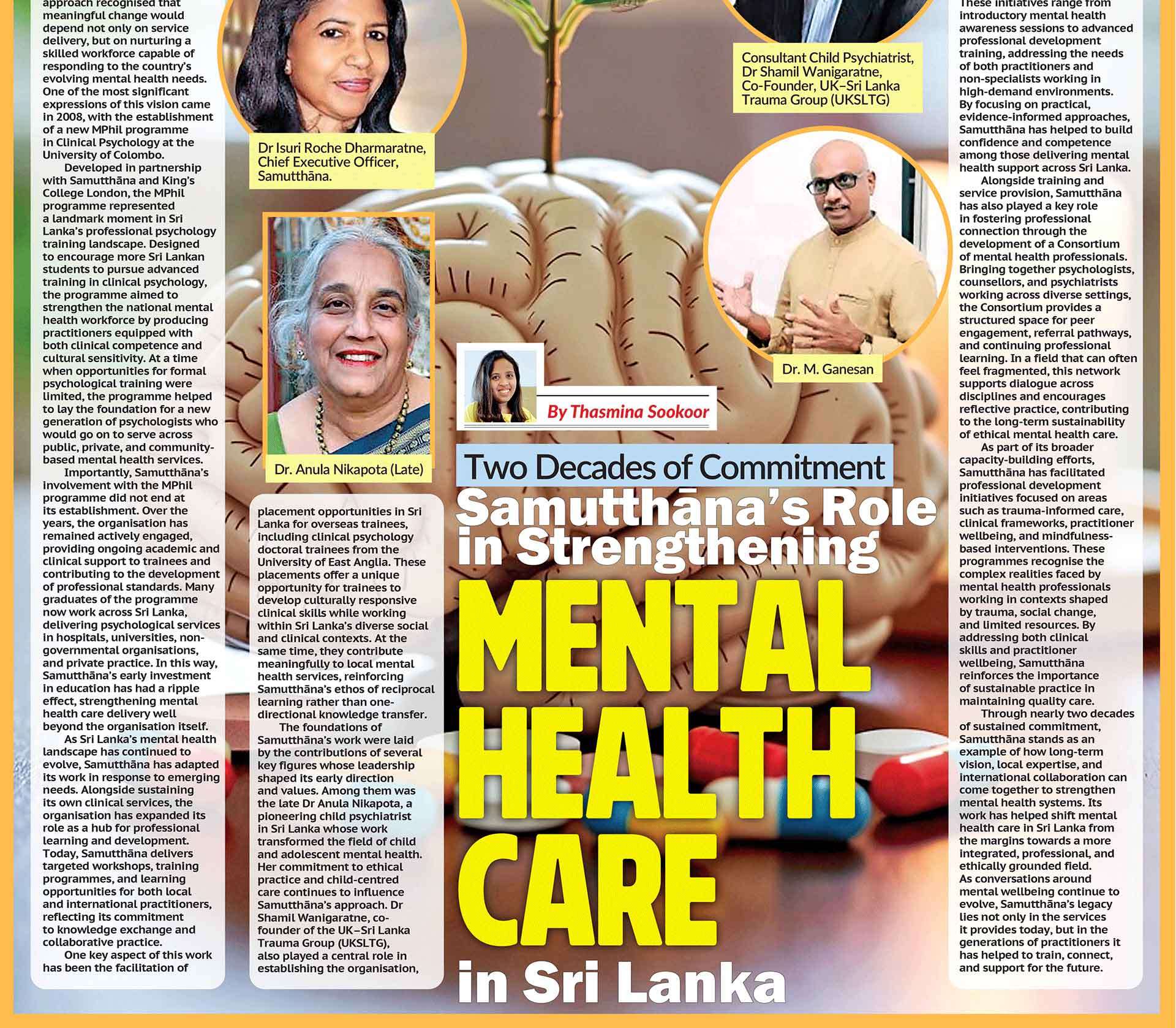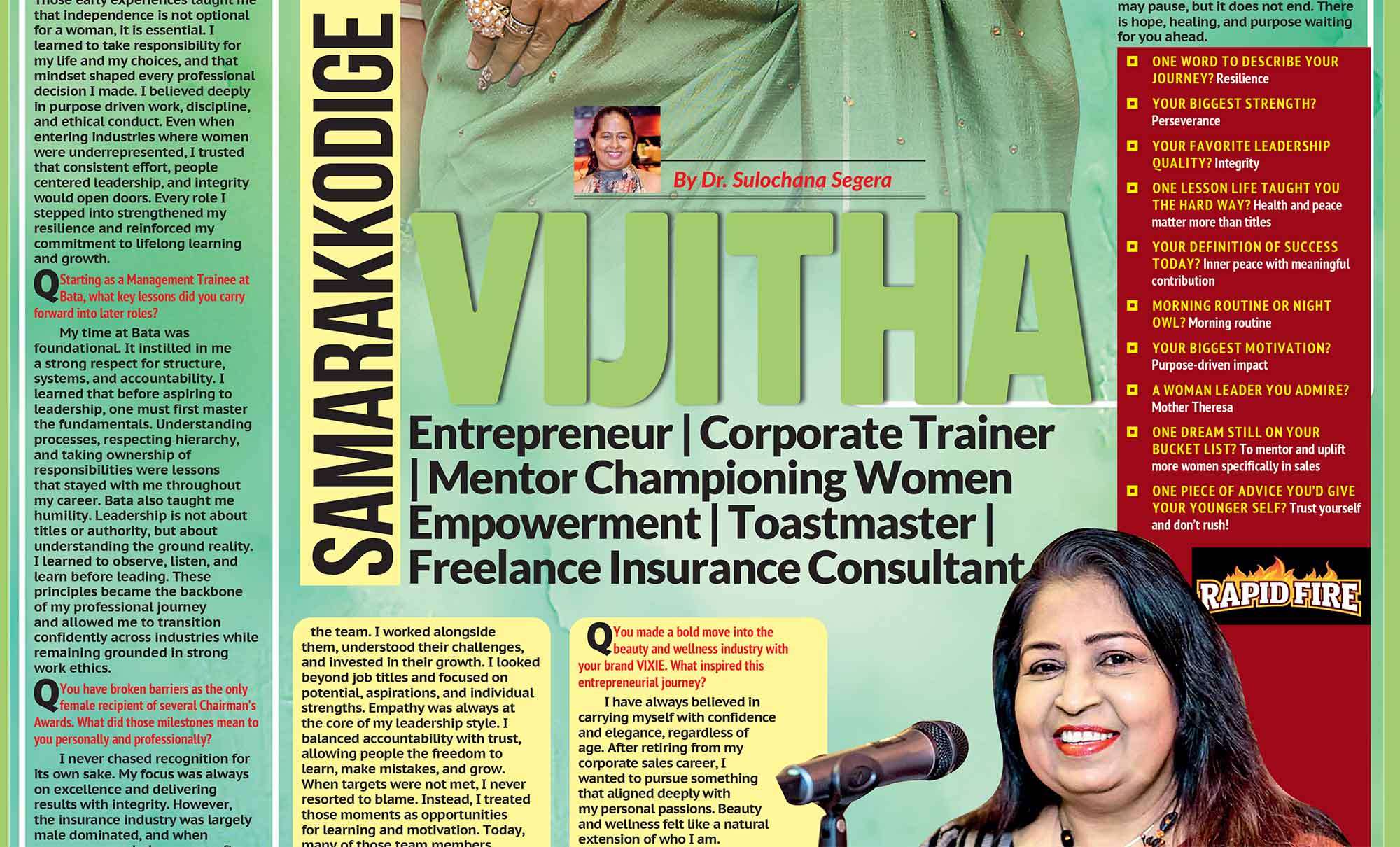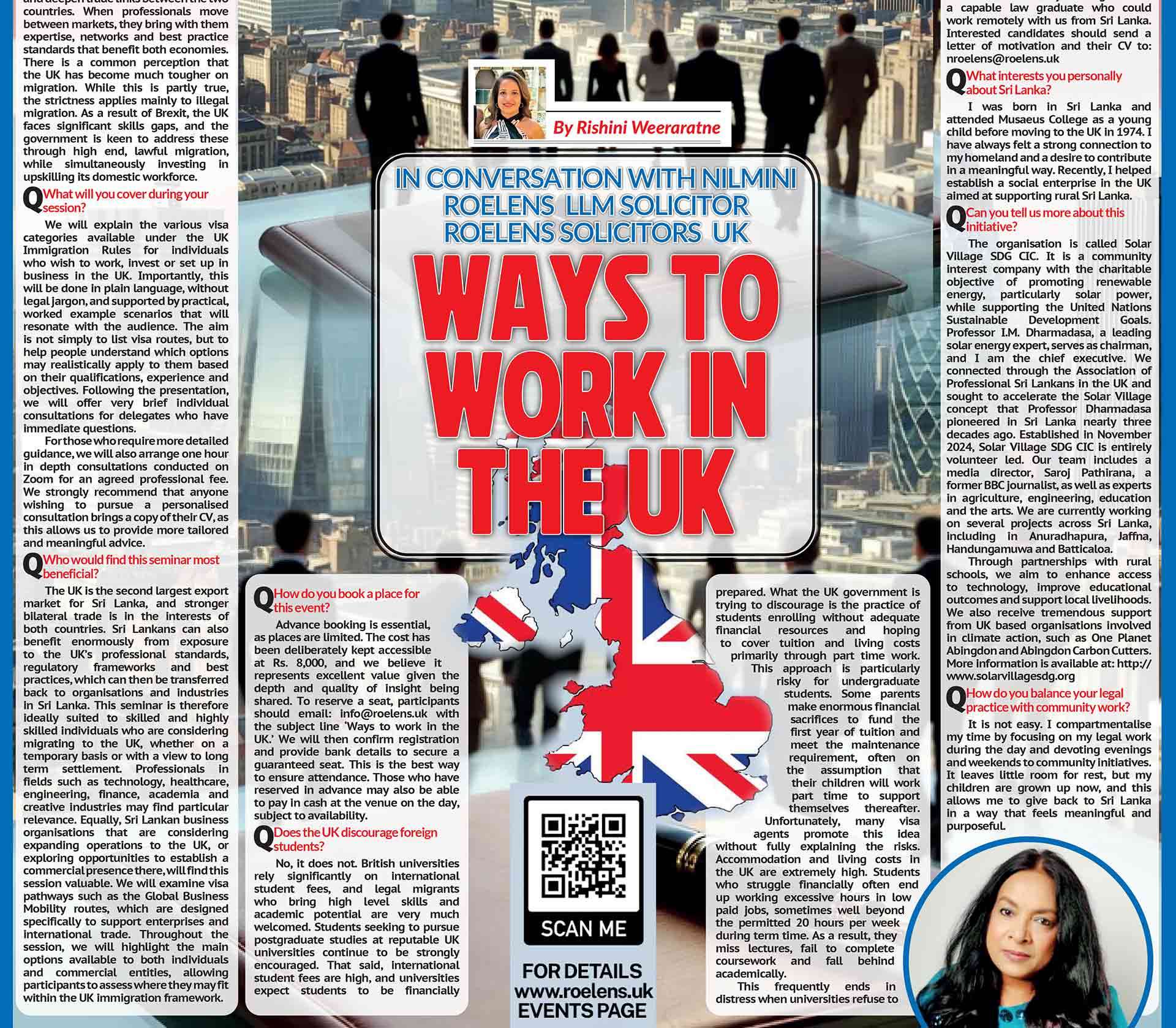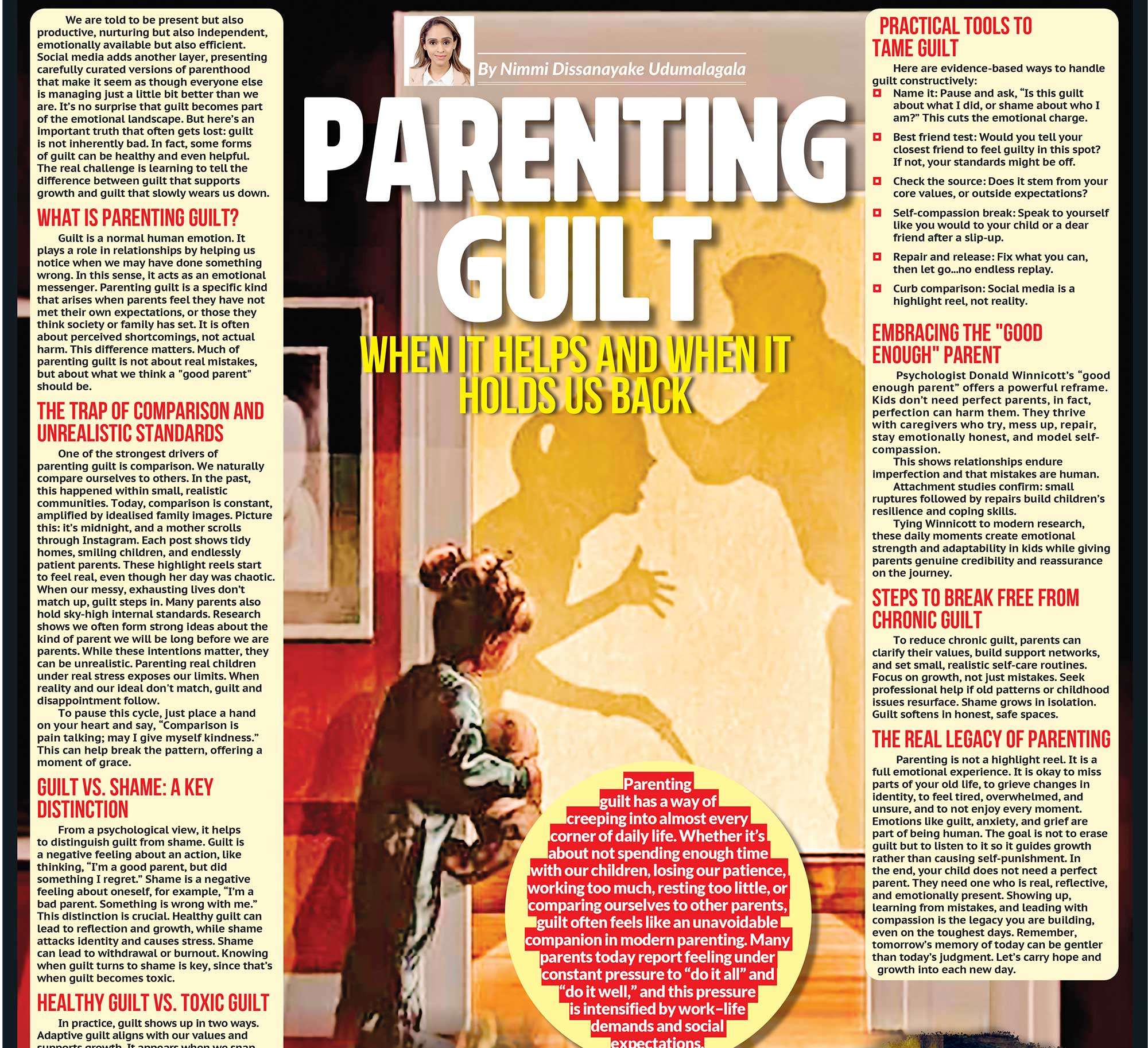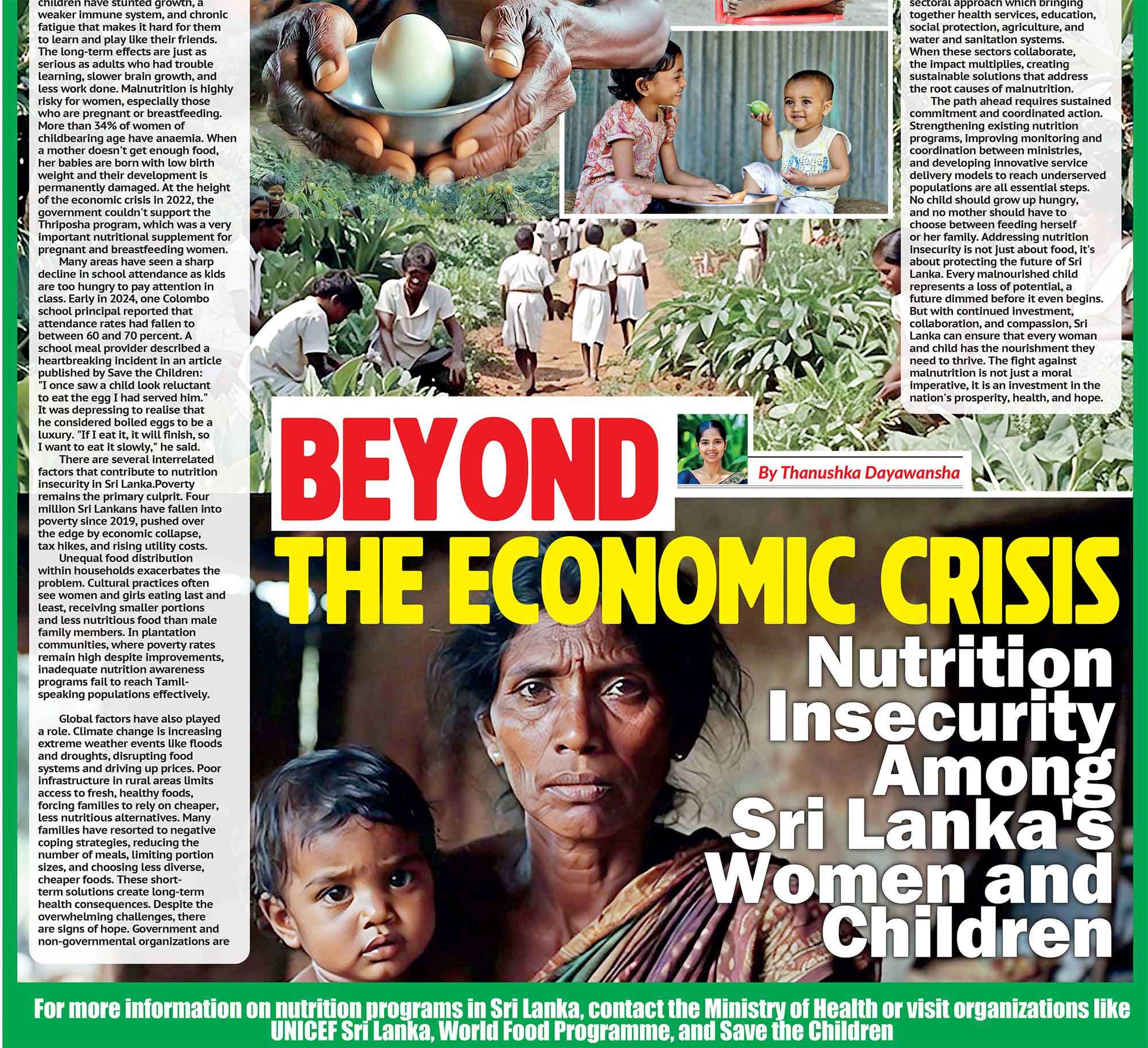
We live in a world that’s more connected than ever before but also one where a wrong emoji, a mistimed message, or an unsolicited comment can instantly shift someone’s perception of you. As digital life becomes real life, online behaviour is no longer a free-for-all. Welcome to the age of digital etiquette, where what you do (or don’t do) on screen has real social consequences. Forget formalities like “Dear Sir” and signed-off emails, today’s etiquette is dynamic, unwritten, and constantly evolving. And if you’re not keeping up, you might just be that person in someone’s group chat.
The Era of ‘Over-Sharing’ is Over
There was a time when flooding your Instagram stories with your entire vacation itinerary or sharing a dramatic relationship update on Facebook was the norm. But in 2025, digital minimalism is the new flex. Constantly posting every meal, every outfit, every minor inconvenience? It now comes across as attention-seeking rather than engaging. Social media is shifting from being a personal diary to a curated space. More users are now leaning into “selective sharing”offering highlights, not play-by-plays.
Hot Take: Oversharing is out. Mystery is the new currency of cool.
Unsolicited Opinions = Digital Rudeness
Let’s be real, just because you can comment on someone’s appearance, life choices, or content doesn’t mean you should. Online platforms may give everyone a voice, but unsolicited opinions (especially in the form of passive-aggressive advice or “concerned” DMs) are increasingly being called out. Telling someone they’ve “put on weight,” or suggesting they should “try smiling more” is no longer viewed as harmless; it’s invasive. The new etiquette demands respect for digital boundaries, especially around sensitive topics like body image, career paths, and personal beliefs.
New Rule: If you wouldn’t say it face-to-face, don’t say it online.
Creeping Without Engaging? It’s Not Cute Anymore
You’ve watched all their stories, liked their reel from three months ago, and maybe even visited their LinkedIn profile at 3AM. But never said a word. In the world of “digital ghosting”, being a silent observer is increasingly perceived as creepy or lazy. It’s simple: if you’re consuming someone’s content regularly, some form of engagement is now expected, a like, a comment, or even a response to a story.

Rule of Thumb: Don’t lurk. Either engage or gracefully exit the algorithm.
Tagging Without Consent? Social Faux Pas
Gone are the days when you could tag someone in an unflattering photo or a meme without a second thought. Today’s users, especially Gen Z, are hyper-aware of personal branding, online impressions, and privacy. Tagging someone in a post, location, or even a campaign without their explicit approval? That’s digital overstepping. Consent isn’t just about intimacy anymore; it’s about representation.
Etiquette Tip: When in doubt, ask: “Mind if I tag you in this?”
Slow Repliers Aren’t Rude: But You Might Be
Contrary to the 2015 etiquette rulebook, instant replies are no longer expected, especially when everyone is overwhelmed by information and notifications. The rude behaviour now? Double texting too soon, sending a passive-aggressive “???” when someone hasn’t responded, or worse acting entitled to someone’s time. People are learning to prioritise digital wellness, and that includes boundaries around responsiveness.
Reminder: Respect people’s screen time the same way you’d respect their actual time
Vague-Posting and Crying for Attention? We See You
- “Can’t talk about it… but it’s BAD.”
- “You’ll all see soon”
We’ve all seen posts like these cryptic messages clearly fishing for attention. Once a popular way to stir curiosity or show vulnerability, vague-posting is now more likely to earn you an eye-roll than empathy. Audiences today value authenticity over performativity. If you’re struggling, it’s okay to be open. But weaponising ambiguity or emotionally baiting your followers? That’s a fast pass to getting muted.

Digital Manners 101: Share to connect, not to manipulate.
Forwarding Fake News or Misinformation? Major Red Flag
Sharing unverified content, conspiracy theories, or fear-mongering clickbait isn’t just annoying, it’s irresponsible. With rising digital literacy, people are quick to call out false information. In 2025, it’s not cool to “just be curious” or “share for awareness” without verifying your source. The new norm: fact-check before you forward.
Golden Rule: Don’t be the reason someone panics over a fake headline.
Screenshots and Exposing DMs = Breach of Trust
Sure, it can be tempting to screenshot a cringey DM or post someone’s messages in a group chat for laughs. But there’s a rising consensus that private conversations should stay private, unless there’s harm involved. The line between accountability and gossip is thin. Unless someone is being abusive or harmful, sharing private messages without consent is now seen as digital betrayal.
What’s Classy: Blurring names What’s Trashy: Exposing people for clout.
Too Many Reels, Too Little Personality
Reposting trends, audio reels, or dancing challenges might get you likes, but overdoing it without adding your own personality? That’s the digital equivalent of small talk. The trend now is originality. Users want to see you, your thoughts, humour, creativity, not just viral content regurgitated for reach.
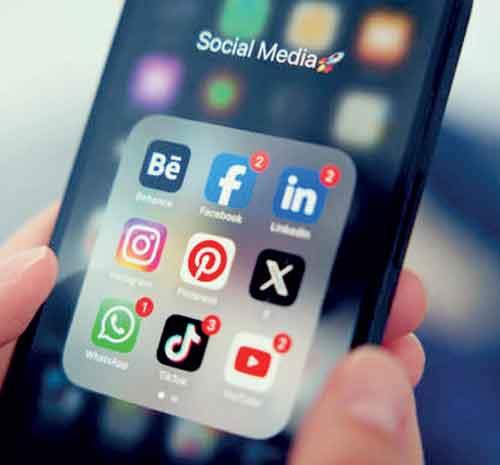
Fresh Take: Remix trends, don’t replicate them.
The Bigger Picture: Digital Etiquette is About Respect
Ultimately, the new rules of digital etiquette boil down to one thing: respect. Respect for people’s time, space, identity, boundaries, and attention spans. In a hyperconnected world, how we behave online is a reflection of our values offline. Being polite is no longer about using emojis correctly or writing “Thanks!” at the end of an email. It’s about knowing when to engage, when to exit, and when to simply be silent.
Final Word
In an age where everyone has a platform, digital etiquette isn’t optional; it’s essential. Your online presence is your reputation. It’s your first impression, your public voice, and your social fingerprint. So, before you comment, post, tag, or reply, ask yourself: “Am I being mindful, or just mindless?” The internet may be infinite, but your social capital isn’t. Use it wisely.


